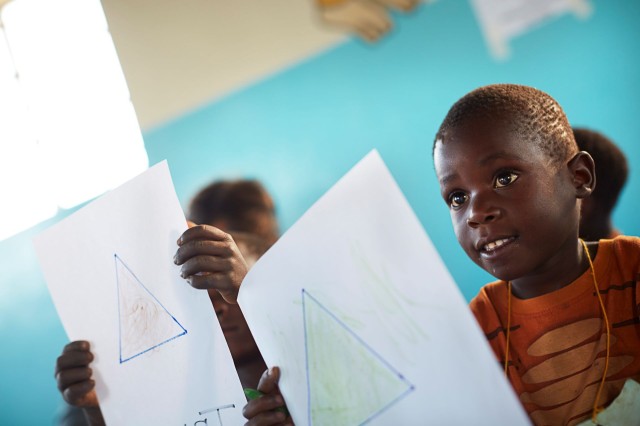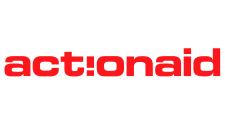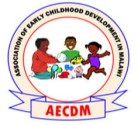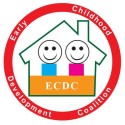School Readiness Initiative in Malawi
Since May 2020, the Roger Federer Foundation has been active in Malawi with the School Readiness Initiative in 19 Districts and will last until 2026. The initiative aims to secure a good start into primary education for vulnerable children by providing access to quality pre-primary schooling. The strategy is aligned with Sustainable Development Goal 4.2 to ensure that by 2030 all girls and boys have access to quality early childhood development, care and pre-primary education so that they are ready for primary education. School readiness refers to the skills, knowledge and attitudes, and other competencies required for children to succeed in school or for later learning and life. It means that the children are ready for school, families are ready to support their children's learning and schools are ready for children.
The School Readiness Initiative understands school readiness as a transition time requiring an interface between individuals, families and systems. The transition from early childhood education to primary school is a big step for all children. How these transitions are prepared and done, have great implications on the child's overall likelihood of learning and performance through primary school and beyond. The aim is to stimulate community strength to support early childhood education programmes to ensure school and children's readiness for the first grade. The School Readiness Initiative will reach at least 339'000 vulnerable children in 2,500 Community Based Child Care Centres.
For the School Readiness Initiative, the Roger Federer Foundation has developed an Early Learning Kiosk, which is an offline tablet with several tools and apps to capacitate, in a comprehensive manner, teachers in early childhood education. In Malawi, 5,000 pre-primary class caregivers and 500 Standard 1 (primary) teachers will benefit from the Early Learning Kiosk capacity building. The idea is to ensure a smooth handover of children from pre-primary school centres to Standard 1. The Early Learning Kiosk was received everywhere with great enthusiasm because of its cost-efficiency and flexible access to know-how and learning, allowing an easy scale to the large number of unqualified teachers. Read more about the Early Learning Kiosk here.
The board has approved a budget of USD 10,500,000 for the initiative. Its main impact objectives are:
Establishment of a child development monitoring system at pre-primary age
Increase in children participating in organised learning at least one year before transitioning into Standard 1
Increase in children who are developmentally on track at Standard 1 entrance age
Decrease of repetitions and drop-outs in Standards 1 and 2






